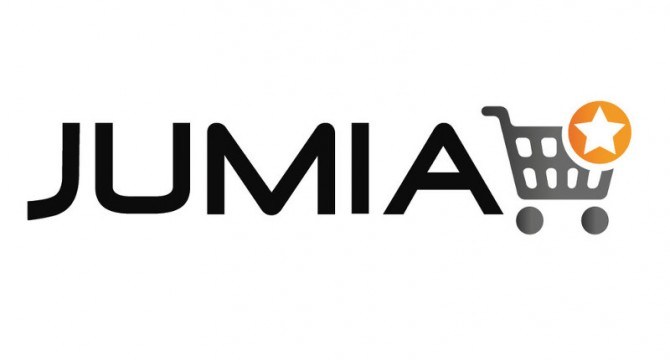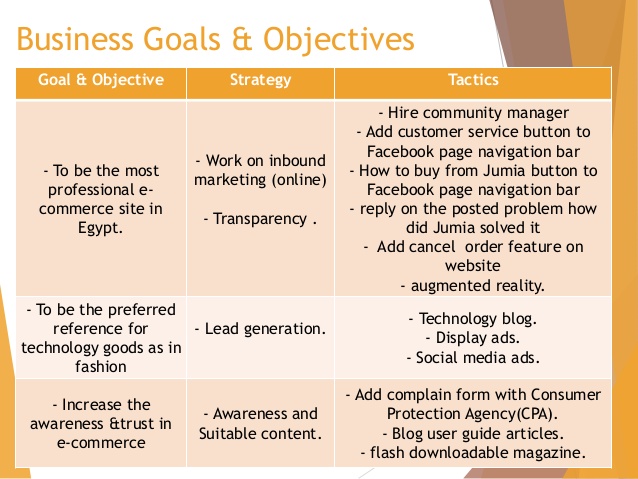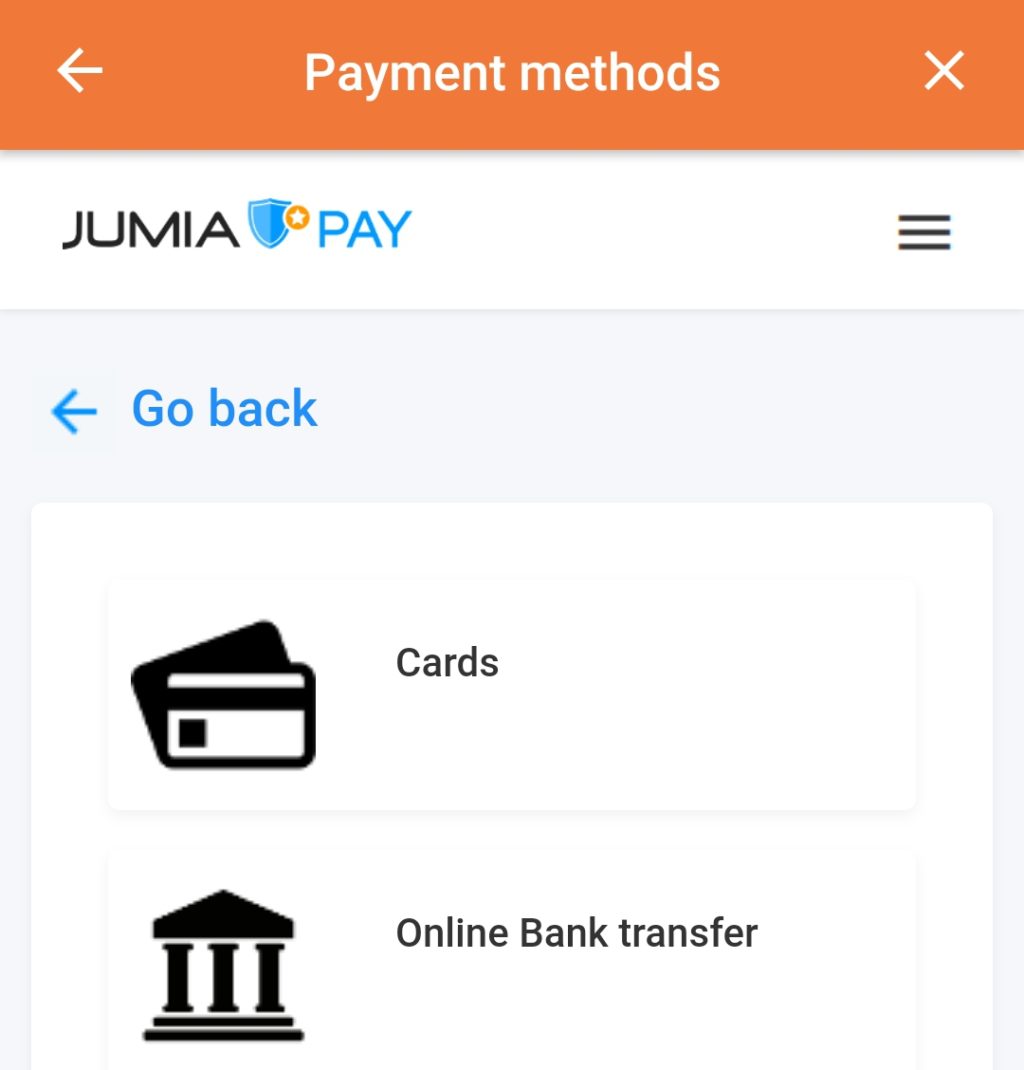- 20610 Views
- No comments
What is Jumia?

Jumia is changing its business model from an online Marketplace to an online social shopping site. This is a peer to peer model where users will be able to interact to buy and sell products. The model is a fusion of the social networking site Instagram and e-commerce.
Similar to Instagram, the platform will allow users to comment, like, tag and even follow sellers they like, making it easy to shop from their news feed. Though still available on desktop, the platform will be predominantly used through the app.
“The main objective is to make online shopping simple, straight forward, social and fun,” Said Jean-Jacques Maikere, MD Jumia Market at the soft launch event dubbed as Jumia pop at The Alchemist Bar. “Our market will tap into individuals looking for very different and unique products that they cannot find anywhere else”
In contrast to the previous model that used to focus on electronics, phones and fashion, the new model will put more emphasis on handcrafted, unique products from fashion, jewelry, décor, art and beauty. “Selling will be really easy for users,” Said Jean- Jacques “What is required is a clear picture and good description of the unique products they sell. The process will take you less than 5 minutes.”
The sellers will create their profiles and even upload a picture of themselves or their business logo on the platform. This will give them a retail persona which will amass to followers. The followers (Who are potential buyers) will then be able to like, comment and even tag friends. The more followers a seller has, the more lucrative their store.
The business model will be launched in 4 Jumia Countries i.e Nigeria, Morocco, Ivory coast and Kenya. Other similar social commerce sites include, Depop, vented and Etsy.

OBJECTIVES
- Increase brand awareness
- Increase number of new customers
- Increase number of purchase
SOLUTION
- Adsterra offers Jumia most effective pricing model ̶CPS, where you pay only for sale!
- Adsterra offers Jumia various types of ad formats: popunders, banners, interstitials.
- To increase the quality of traffic Adsterra designed pre-landing pages customized to 13 GEOs within Africa! Plus landing pages are customized for each special event (sales, celebrations etc.)
Working with middleware provider Accengage, Jumia implemented Push Notifications in just days through Google Tag Manager. They then began sending Push Notifications to customers with abandoned carts. These notifications look the same as those from native apps, and arrive even if the browser is no longer running.
The new strategy delivered a 38% open rate on mobile and shoppers recovered carts 9X more often than before. Conversion rates from Push Notifications for cart abandonments on mobile web now outpace the native app’s—7.85% versus 4.5% respectively. “We’re closer to our users with web push, because it’s a more personal way to communicate with them. Customers aren’t all willing to download our apps, as they dread the impact on their data bills,” says Jeremy Doutte, Jumia CEO
Challenge
Nearly a quarter of shopping carts were abandoned on Jumia’s mobile site every day. To counter this, they reminded customers via email to complete their purchases. But getting people to provide their email addresses is challenging, and email open rates are low. With over 65% of their web traffic on mobile browsers, Jumia looked to progressive web app technologies like Push Notifications to solve their problem and re-engage mobile users who had abandoned carts.
How online shopping really works?

Usually when you visit an online shopping site like Jumia, you’ll have to browse through a collection of items they have on sale. This is similar to looking through items on supermarket shelves for what you want.
Once you have found what you want, you click on a “buy” button. This will add your product into the cart. What is a cart? A cart is that small vehicle you use to transport your stuff to the check-out counter after shopping in the supermarket. But this one is virtual. You can add as many items as your budget can handle into the virtual shopping cart.
After that you’ll have to proceed to “checkout”. This is similar to walking to the counter to pay for your stuff in the real world super market. Usually for online shopping websites, you’ll need to fill in your personal details such as name, email, phone number and “shipping address” if you are a new customer to the site. But if you are returning customer to a site, this information is already stored in the database, so you don’t have to enter it again.
Payment Methods
This is yet another tricky part although it’s a breeze for global online retailers. International retailers use Master card and Visa credit cards to process online payments. Unfortunately, our market doesn’t support that yet. We know of two local banks that support not credit, but debit cards that work with online shopping. That’s UBA and Cranebank.
However, that doesn’t mean that Ugandan online retailers don’t support Mastercard and Visa cards. Some do and if you have them, then you are sorted.

Big online retailers like Jumia have instead opted for an old school method — Cash-on-delivery. When the goods are delivered to your door-step, that’s when you pay with liquid cash the good old way. OLX, Kaymu also simply connect buyers and sellers who then transact offline.
Delivery Methods
The fun about online shopping is that retailers deliver to you — to your home or office or beach. Just relax and that chocolate bar will find you. But online retailers are not like Satellite TV. They don’t reach everywhere. So it’s important to know the scope of delivery that an online retailer ships to.
Pan-African online retail store, Jumia Uganda for instance promises nationwide delivery. The bummer is that they promise a standard delivery timeline of 5-7 business days. Seriously Jumia. 5-7 days get to Game Luggogo and shop in less than 2 hours!
The Online retailer will deliver to the “shipping address” you entered while registering with the site.
Return Policy
Now if you don’t like a product, found a defect, changed your mind, received the wrong product, you simply go back to Uchumi or Game and return the product for brick-and-morta stores. What happens with a virtual store whose location doesn’t exist in the real world? And then, do customer get my money back? These are very important questions and you should always read the online retailer’s return policy before doing anything else. If they don’t have one, don’t even think about them.
Various retailers have different return policies. Jumia for instance accepts returns within 7 working days after the time of the delivery. The item however must be in its original box or package. It should not have been used or worn and you should have the delivery receipt. They will probably send someone over to pick the item from your premise before handing you a voucher and not cash. You can then use this voucher to buy other items on the retailer’s site.
So there you have it; 5 important things you must know before you start clicking away your online orders. If you have already done some online shopping in Uganda, let us know your experiences in the comments.
Jumia, a Nigeria-based ecommerce startup, has launched a mobile app that allows users to shop, pay and to advertise goods on its platform.
The Android app, Jumia One, provides users with services such as airtime recharge, electricity and DSTV payments. The app also allows online retailers to advertise their items on the platform.
In addition, the app allows customers who purchase airtime tickets to get instant 5% cash back, and those who choose to make payments through the company’s online shopping method, Jumia Pay, to get 10% cash back.
The startup aims to mimic Amazon’s success by delivering a wide range of services across the African continent. The business was founded in 2012 with funding from Rocket Internet, and is present in 23 African countries.
Why Join Jumia as a Merchant
Am sure if you are a merchant, these benefits that Jumia Express offers to customers is already enough to convince you to subscribe as a Merchant.
Jumia is now optimising placement of items at the store to favour Jumia Express products. Visit any category or search for any item on Jumia right now, items with the Jumia Express badge are usually at the top of the results.
This may not be obvious for some items, but for popular categories like smartphones or Android phones it is quite obvious. What is happening to the smartphone category today could eventually happen to all categories including the one you sell. Joining could mean more visibility and by extension more sales.
Jumia also has a good reason to prioritise Jumia Express products, because it enables them streamline their service and offer an overall better customer experience to their customers. So yes, expect Jumia Express to become more popular. Your only move is to join now.
Another reason to join is that Jumia will offload the tedious work of fulfilling orders. Jumia will warehouse, package, and ship your orders allowing you to concentrate on other more important areas of your business.
How to become a Jumia Merchant
To become a Jumia Express Merchant, first you have to be a Jumia merchant by registering for the Jumia Seller Centre account. Once your application is approved, you will have to upload the product you wish to sell on your Jumia Seller Center account. When the products are now live on the Jumia store, turn them off then contact your vendor support team requesting to join Jumia Express by sending an email to seller.support@jumia.com.ng.
Jumia will then schedule a day that you will deliver the product for warehousing. Of course, before accepting the product, the Jumia team will check the products for quality and authenticity. Once you are approved your products will now be shown on the online store with the Jumia Express badge. Jumia charges you 99 Naira per item for small items and 199 Naira per item for medium items.
Your products will be stored by Jumia for three weeks within which they are expected to have sold-out. If there are still unsold stock after the first 3 weeks, you can decide to get them back from Jumia. However, Jumia will still hold and sell your products for another three weeks with no additional cost, but you will be required to discount the product in order to boost sale.
After the second three weeks, you will be required to take back the products. You will have another three weeks to do this or the products will be deemed forfeited to Jumia.
To become a Jumia Merchant , and to learn more about Jumia Express and how it benefits you as a merchant as well as learn how to use Jumia to boost your business,
That ends our comprehensive guide about Jumia Express. If you have any comments or questions, we would love to hear from you.
Map Heading Include Here
Recommended Articles
Our Happy Clients
We are so proud to serve these clients and to delight them with our service
Testimonials
We are trusted by Startups, Enterprise and Agencies.

Dave Jackson
Overall it was a great experience. Future work produced a world class product for us.
Read More
Manish Khanna
I contacted Future work for web designing. If you are looking for a dedicated team of
Read More
Desiree McNab
Future work technologies did an excellent job in terms of building to our specific re
Read More






















